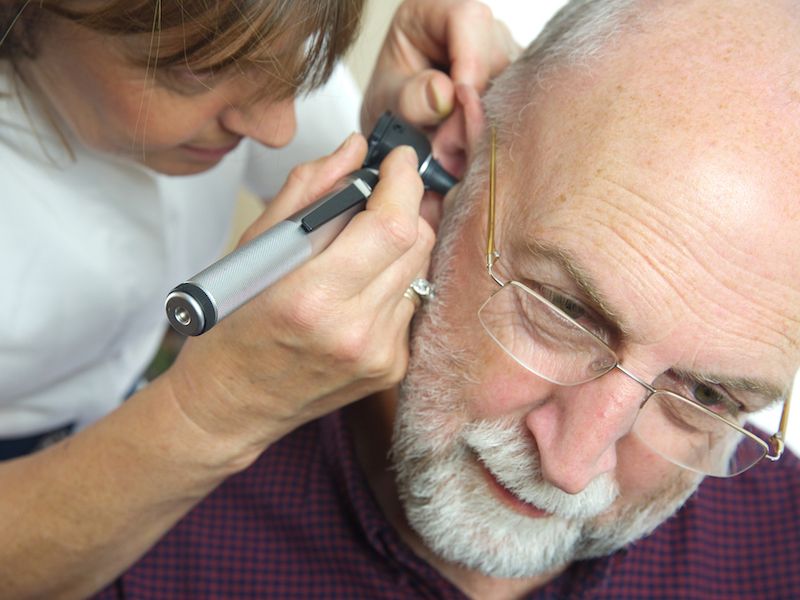
You continue to consult with the eye doctor every year if you have glasses, right? Because, with time, your eyes can change. Your eyes and everything else in your body are dynamic not static and this includes your ears. That’s why, just like you do with your eyes, it’s essential to keep getting your ears checked even after you purchase a pair of hearing aids.
Unfortunately, many people miss those regular checkups. Maybe they’ve been too busy making the most of their lives to get back in to see the doctor. Or maybe lately, work has been stressful. You might even be so happy with your hearing aids that you simply didn’t think you need to go back in. That should be a positive thing, right?
In the long run, for people with hearing impairment, it is even more essential to have even one follow-up consultation. However, many people neglect ongoing treatment. According to one survey, only 33% of seniors with hearing aids also used regular hearing services.
Why Do You Need Examinations Once You Have Hearing Aids?
Your hearing is not static. It changes over time. When these changes occur, you should modify your hearing aids to compensate. Regular testing helps monitor any variations in hearing and catch problems early.
And this is not even the only reason why it could be a smart idea to schedule regular appointments once you have your hearing aids. Some of the most common reasons to assure you show up to your next checkup include:
- Hearing decline: Even if you use a hearing aid, your hearing might keep deteriorating. If this deterioration is slow enough, you probably won’t recognize it’s happening without the aid of a hearing screening. Appropriate alterations to your hearing aids can often slow hearing declines.
- Calibrating Hearing Aids: There may be need for yearly adjustment of your hearing aids based on minute changes in your hearing in spite of the consistency of your general hearing. Your hearing aids may progressively become less efficient if you ignore this kind of calibration.
Along with keeping up with changes in your hearing, it’s essential to periodically get a professional cleaning. We can clean all the little parts and keep your hearing in top notch conditions and make sure it’s functioning at peak performance.
If You Don’t Follow up With Regular Check Ups There is a Consequence
The ultimate problem, here, is that sooner or later, the hearing aids will quit functioning the way they’re intended to, so you’ll get frustrated with them and stop wearing them altogether. Hearing aids make your overall health better and also, of course, makes your hearing better. You might not recognize it immediately, but your hearing might deteriorate faster if you discontinue wearing your hearing aids. Increased chance of hearing problems, along with mental decline, have been related to loss of hearing.
If you really want your hearing aids to keep working at the most effective level, normal exams are going to be your best bet in terms of accomplishing that. In order to make certain your hearing aids are working as they should be you should have annual hearing exams. So make your hearing exam right away.
